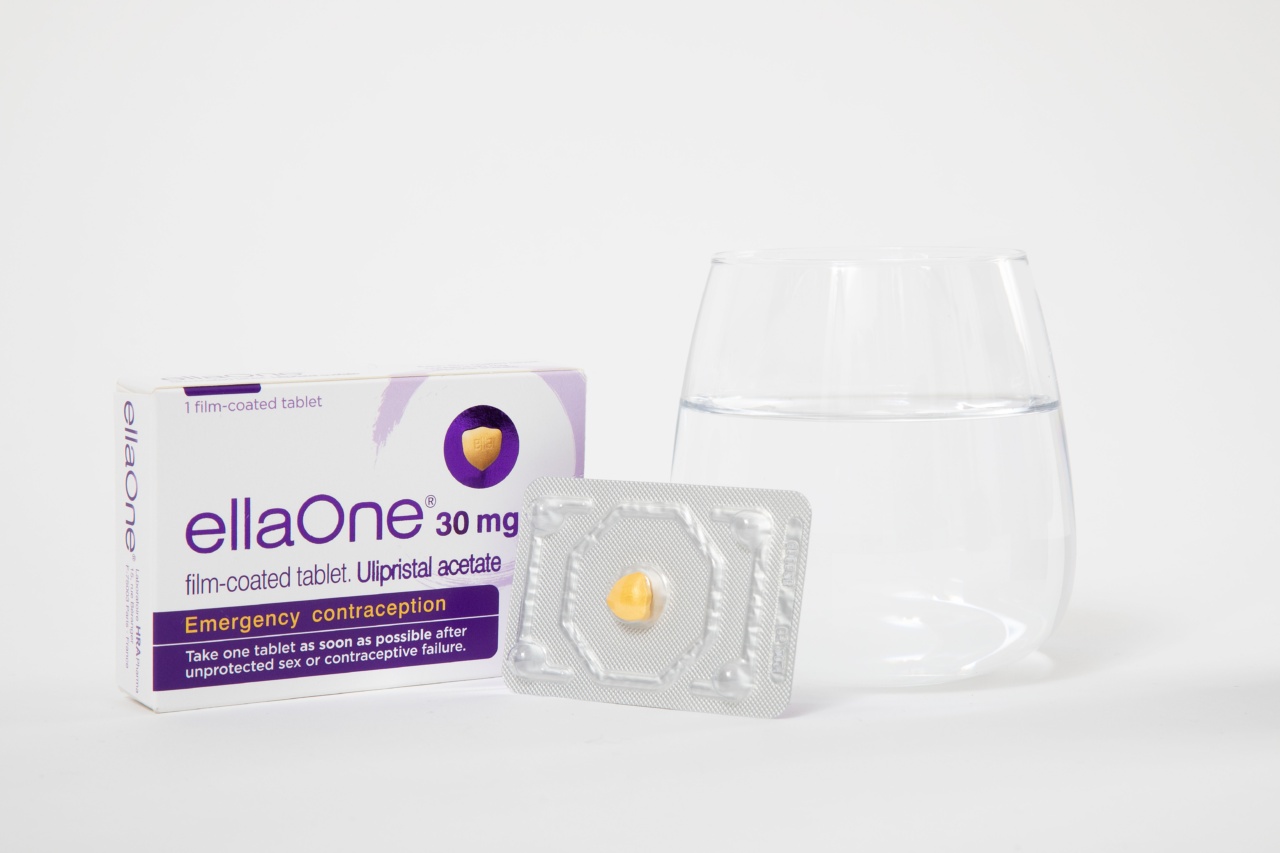Accidents sometimes happen, and you might find yourself needing an emergency contraception measure.
The emergency contraception pill, also known as the morning-after pill, is an effective way to prevent unwanted pregnancies after unprotected sex or a contraceptive failure. However, many people are unfamiliar or misinformed about the pill, leading to myths and misunderstandings.
This guide aims to provide comprehensive and accurate information about the emergency contraception pill, its types, effectiveness, side effects, and other considerations.
What is the Emergency Contraception Pill?
The emergency contraception pill is a type of birth control pill specially designed for use after sex to prevent pregnancy. It contains the same hormones as regular birth control pills but in higher doses.
The pill works by delaying or inhibiting ovulation, the release of an egg from the ovary, or preventing fertilization, the union of sperm and egg. Emergency contraception pills do not terminate an existing pregnancy or protect against sexually transmitted infections (STIs).
Types of Emergency Contraception Pill
There are two main types of emergency contraception pills:.
1. Hormonal Emergency Contraception Pill
Hormonal emergency contraception pills contain either progestin or a combination of progestin and estrogen, which are two synthetic hormones that regulate the menstrual cycle. There are two types of hormonal emergency contraception pills:.
- Levonorgestrel (Plan B, Next Choice, My Way) – contains only progestin and comes as a single pill or two pills taken at once.
- Ethinyl estradiol/levonorgestrel (Preven) – contains both hormones and comes as two pills taken 12 hours apart. This type is less commonly used now.
2. Copper Intrauterine Device (IUD)
The copper IUD is a small, T-shaped device that a healthcare provider inserts into the uterus up to five days after unprotected sex or contraceptive failure. It works by preventing fertilization and implantation of the fertilized egg.
The copper IUD can remain in place up to 10 years and can also serve as a regular contraceptive method.
Effectiveness of Emergency Contraception Pill
The effectiveness of emergency contraception pills depends on several factors, including the type of pill, timing of use, and individual factors like weight and hormonal levels. Here are some general guidelines:.
- Hormonal emergency contraception pills that contain only progestin (levonorgestrel) are about 95% effective in preventing pregnancy when taken within 24 hours of unprotected sex.
- The effectiveness decreases to 89% if taken within 72 hours and continues to decrease over time.
- The Ethinyl estradiol/levonorgestrel type is less effective and no longer commonly used.
- Using a copper IUD for emergency contraception is over 99% effective, regardless of when it’s inserted after unprotected sex.
- If you vomit within two hours of taking the pill or have severe diarrhea, the effectiveness may be reduced. In such cases, you should consider repeating the dose or using an alternate contraception option.
How to Take the Emergency Contraception Pill
Hormonal emergency contraception pills are available over-the-counter without a prescription for people of any age. You can find them at most pharmacies or health clinics. The copper IUD, however, requires insertion by a healthcare provider.
Here are some general instructions for using the emergency contraception pill:.
- Take the pill as soon as possible after unprotected sex or contraceptive failure.
- If you take a single pill like Plan B, take it within 72 hours (3 days) of sex. However, the sooner you take it, the more effective it is.
- If you take two pills like Preven, take the first pill within 72 hours of sex and the second pill 12 hours later.
- Read and follow the instructions on the package carefully.
- Some brands of pills may cause nausea, headache, or irregular bleeding. These side effects usually go away within a few days and are not harmful.
- The emergency contraception pill does not replace regular birth control methods and should not be used as a primary method of contraception.
Side Effects of Emergency Contraception Pill
Like any medication, emergency contraception pills can cause side effects, though most are mild and short-lived. Here are some possible side effects:.
- Nausea and vomiting
- Dizziness
- Headache
- Abdominal pain and cramps
- Breast tenderness
- Irregular bleeding or spotting
- Fatigue
Most side effects go away within a few days, and they do not pose a serious health risk. However, if you experience severe side effects like severe abdominal pain, fever, or heavy bleeding, seek medical attention right away.
Other Considerations for Emergency Contraception Pill
Here are some additional things to consider when using emergency contraception pills:.
- The emergency contraception pill does not protect against STIs. Use condoms or other protection methods to prevent STIs.
- Repeated use of emergency contraception pills can disrupt the menstrual cycle and increase the risk of unintended pregnancy. Use a regular form of birth control to prevent unintended pregnancy.
- Women who are obese or have a high Body Mass Index (BMI) may have a reduced effectiveness of the pill and may need a higher dose or an alternative method of contraception.
- Emergency contraception pills are safe and effective for most people, but they may not be suitable for everyone. Consult with your healthcare provider to discuss your health history, medication use, and other concerns before using the pill.
Conclusion
The emergency contraception pill is an effective and safe option to prevent unintended pregnancy after unprotected sex or contraceptive failure. It comes in two types, hormonal pills, and copper IUD, depending on individual needs and circumstances.
The timing and proper use of the pill are crucial to its effectiveness. While most people experience mild side effects, severe or persistent symptoms require medical attention. Consult with your healthcare provider about your options and concerns, and use regular contraception to prevent unintended pregnancy.































